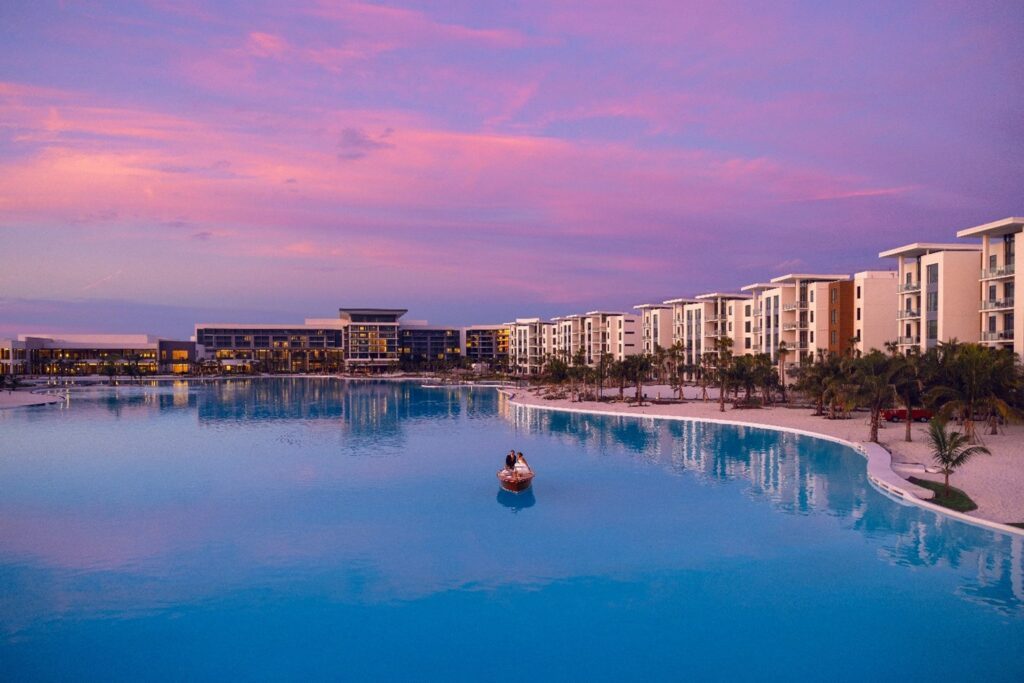According to a study by Oxford Economics, cities that spend money marketing their brands and amenities see a significant economic growth and employment that benefits more than just the tourism industry. The Cleveland Plain Dealer published an article that summarized the studies findings. As consultants for the hospitality industry, we see a definite correlation between the engagement of CVB’s and the effect their efforts have on the communities they represent.
By: Janet H. Cho
Published: March 13, 2015
CLEVELAND, Ohio — An economic study of travel and tourism spending by Destination Cleveland and other convention and visitors bureaus says investing in efforts to attract tourists pays off in long-term economic growth.
Oxford Economics, an independent British advisory firm that specializes in global forecasting, found that cities that make marketing their brands and amenities a high priority see a growth in employment and spending that goes well beyond the tourism industry.
Oxford Economics analyzed more than 200 cities over 23 years, and found widespread economic benefits from those who collectively spent $2 billion promoting leisure and convention travel.
Among the eye-opening statistics that Destination Cleveland will roll out at its annual meeting Monday afternoon, March 16, are that:
1. Thirty-three percent of new residents first visited the city as a tourist;
2. Thirty-seven percent of site selection executives say that what they think of an area’s business climate was influenced by a prior business trip there;
3. For every 100 tourism-related jobs that are created, 15 professional service jobs in unrelated business sectors are also created, over a two-year period.
4. Cities that draw more leisure visitors see their population and employment grow an average of 2 percent faster than other cities over a 10-year period, especially among coveted college-educated residents.
5. As incomes have risen over the past 30 years, the percentage of budgets that consumers spend on travel has grown even faster. For example, while GDP has risen 75 percent since 1980 on a real, per capita basis, the amount spent on lodging has jumped 200 percent over that same period.
To read the rest of the article, click here.


